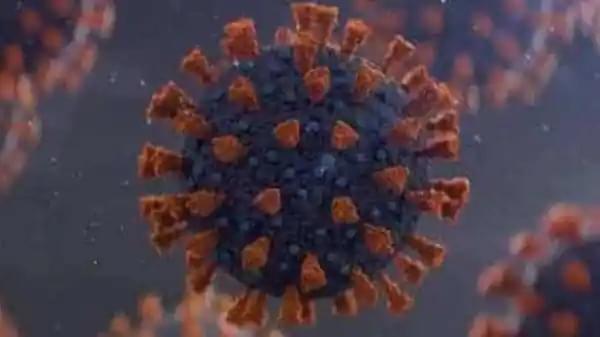https://www.21stcentech.com/conservation-energy-front-centre…te-change/


Ah, NFT’S. I genuinely am not sure how I feel or think about them, though I DEFINITELY lean towards an annoyed 🤔MEH🙄.
What I DO know is that this is a great, brief look at the legal aspects of the issues surrounding it and the thing itself.
Thoughts?
NFTs: legal nonsense? 🚀 Get access to the exclusive companion video! — For a LIMITED TIME get CuriosityStream & Nebula for 26% OFF! https://legaleagle.link/curiositystream.
And see my collaboration with Steve Mould! https://youtu.be/IZaTd0hDtkI
Welcome back to LegalEagle. The most avian legal analysis on the internets.

SpaceX has successfully launched and landed the same Falcon 9 booster twice in three weeks, smashing the current record for orbital-class rocket turnaround.
The existing record was also held by Falcon 9 and set in early 2021 when booster B1060 launched a Turkish communications satellite and a batch of Starlink spacecraft just 27 days and 4 hours apart. Now, just under 15 months later, a new Falcon 9 booster has decisively taken the crown.
At 5:27 pm EDT, Falcon 9 B1062 lifted off as planned from SpaceX’s Cape Canaveral Space Force Station (CCSFS) Launch Complex 40 pad. Flying for the sixth time, the reused booster carried an expendable Falcon upper stage, fairing, and a batch of 53 Starlink V1.5 satellites most of the way out of Earth’s atmosphere to a velocity of 2.2 kilometers per second (Mach ~6.5) before separating and landing on a SpaceX drone ship.


Sending humans virtually anywhere in space beyond the Moon pushes logistics of health, food, and psychology to limits we’re only just beginning to grasp.
A staple solution to these problems in science fiction is to simply put the void-travelers to bed for a while. In a sleep-like state akin to hibernation or torpor, metabolism drops, and the mind is spared the boredom of waiting out endless empty hours.
Unlike faster-than-light travel and wormholes, the premise of putting astronauts into a form of hibernation feels like it’s within grasp. Enough so that even the European Space Agency is seriously looking into the science behind it.

Amazon slid 14%, pulling Nasdaq 100 to lowest since March 2021.
Jeff Bezos saw $20.5 billion of his fortune melt away after Amazon.com Inc.’s results left investors disappointed, helping fuel the worst month for technology stocks in years.
Shares of the e-commerce company were down 14% on Friday after it reported a quarterly loss and the slowest sales growth since 2001. Bezos’s net worth fell to $148.4 billion, according to the Bloomberg Billionaires Index, from a peak this year of more than $210 billion.



